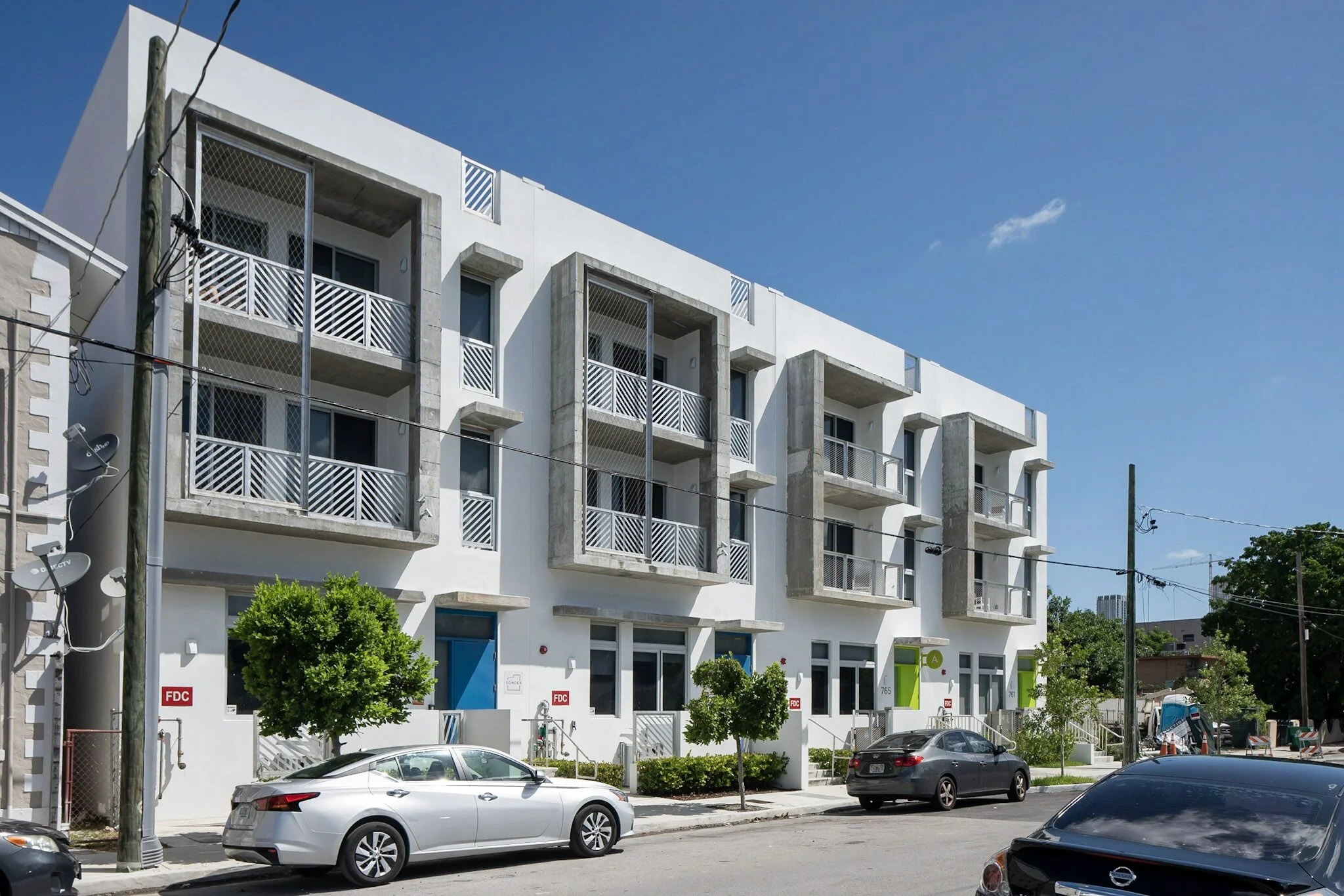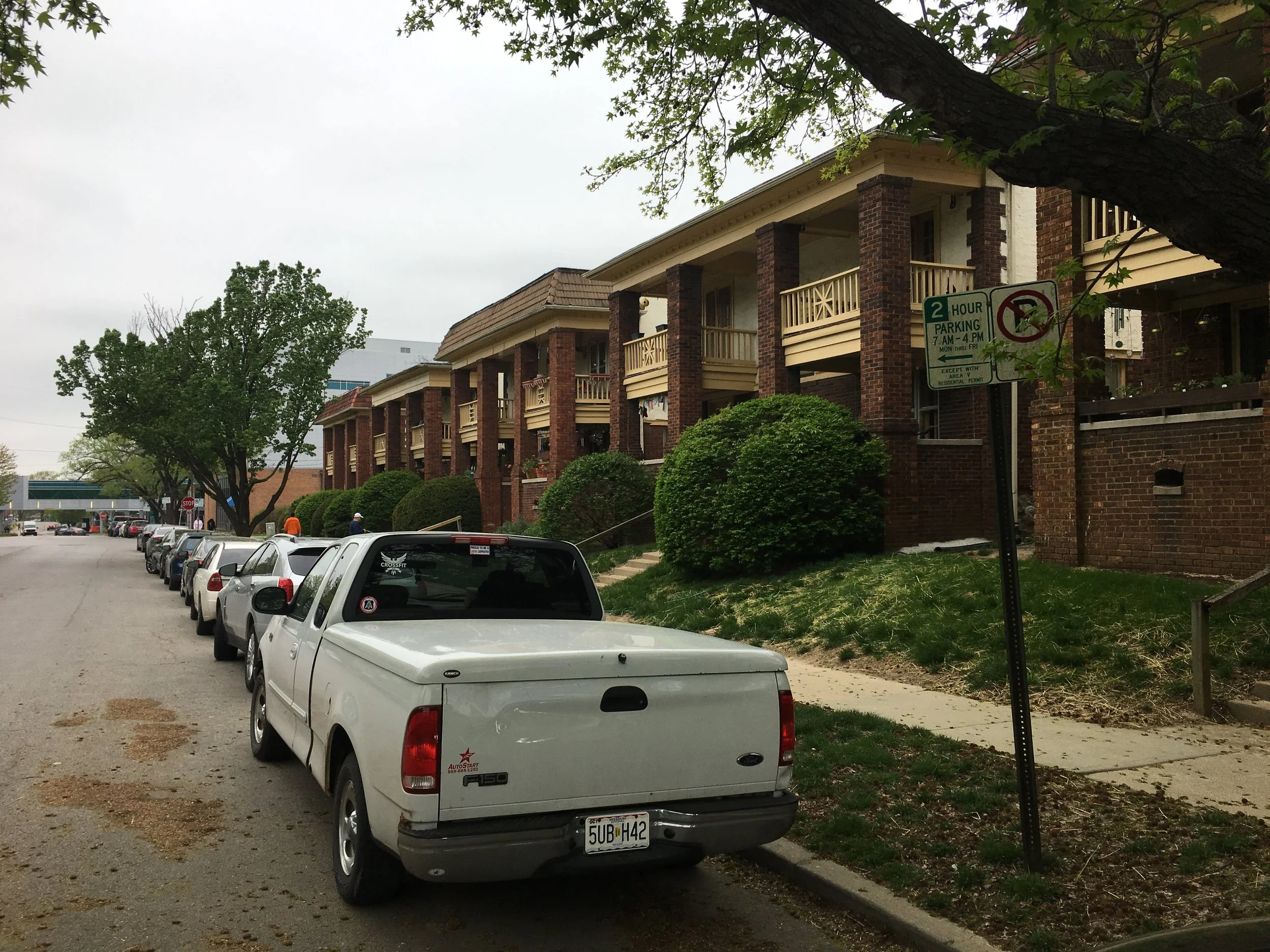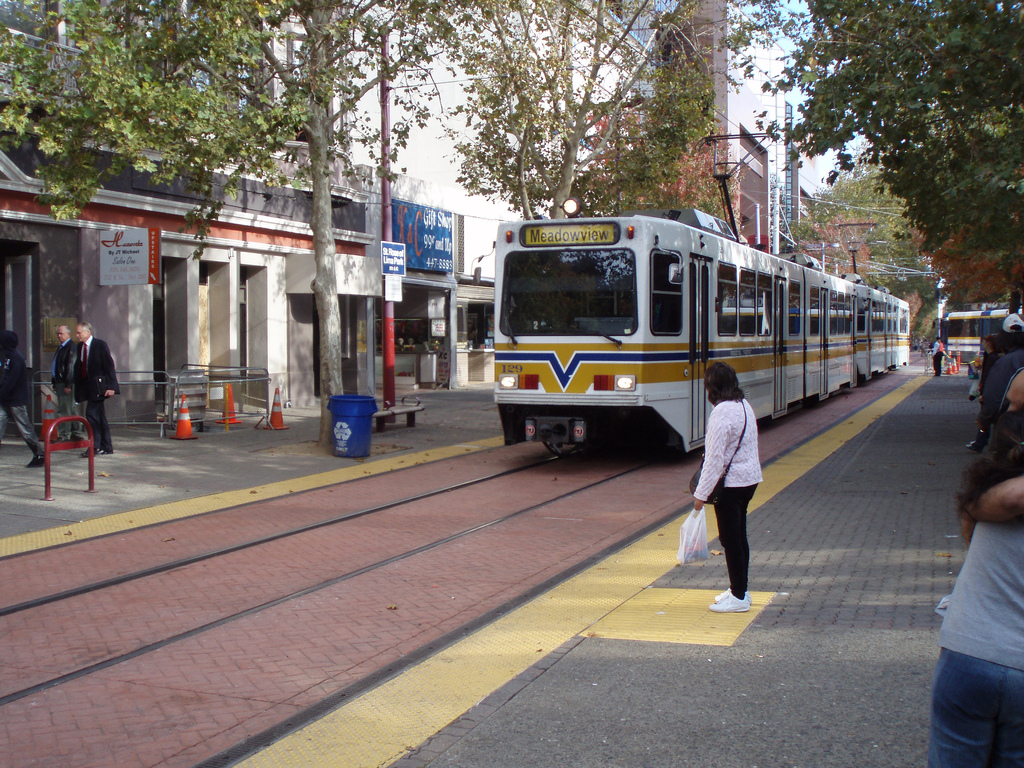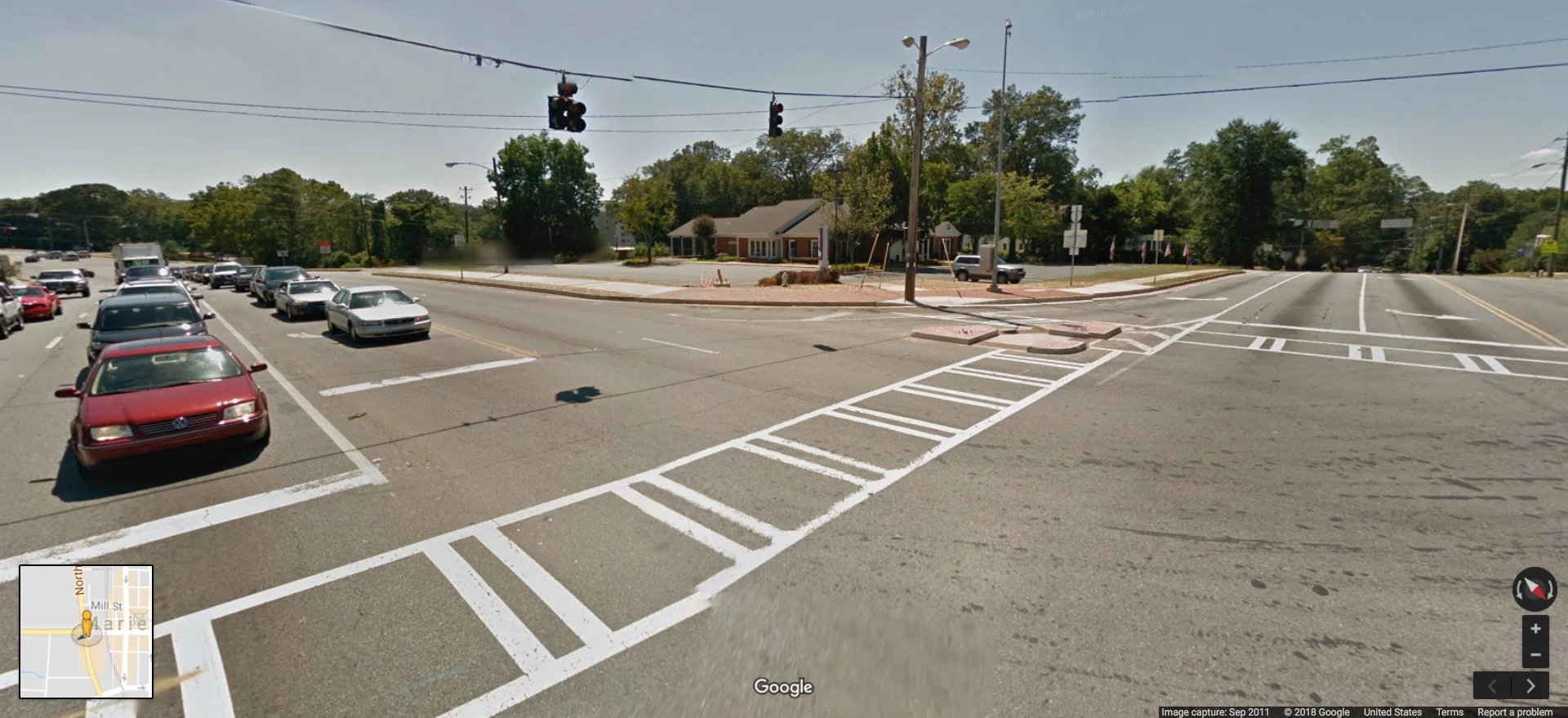We paved paradise and put up a parking lot. Here are a few ways people around North America are taking paradise back.
Read MoreHere's how to participate in our annual #BlackFridayParking event today.
Read MoreWe don’t pay a ton of attention to parking lots in our day-to-day lives—nobody makes postcards of scenic or historic ones—yet parking dominates and shapes the built environment around us more than any other factor. Here’s how to start seeing parking—and the damage it does when we build too much of it.
Read MoreNo one person has done more to change the conversation about parking minimums and how they harm our cities than UCLA economist Donald Shoup. If you don’t know his work, now’s the time to get acquainted.
Read MoreOften, what prevents the incremental development movement from taking root in a community isn’t lack of will, knowhow, or resources. Here’s how a change to Miami’s parking minimum rules opened the door for small-scale development in The Magic City.
Read MoreThe movement to end harmful, wasteful minimum parking requirements is picking up steam in cities large and small across America. We’re doing our best to play a part in it.
Read MoreHelp us spread the word about #BlackFridayParking. Get a holiday gift you'll actually want.
Read MoreIt’s easy to claim “We have too much parking” but to prove it? These Boston area planners were up to the challenge, surveying over 200 apartment buildings’ parking lots. What they found… might not shock you.
Read MoreMissing Middle development—anything from a duplex to a cottage court to a small apartment building—is an indispensable piece of the Strong Towns vision for cities that are resilient, adaptable, and can pay their bills. We need to revive a culture of building this way: here are 5 ways cities can start.
Read MoreIt’s time for mandatory parking minimums to go. That doesn’t mean, though, that the need for parking is going to magically disappear. We would also be wise to plan for smart, adaptable parking solutions, so our cities can incrementally urbanize.
Read MoreJohn Reuter—board member at Strong Towns and former councilperson at the City of Sandpoint, Idaho—shares his insights in how you can propose eliminating parking minimums in your town—including how to tell a compelling story, how to find data that enhances that story, and how to build community support around removing parking minimums.
Read MoreSandpoint, Idaho eliminated its downtown parking minimums 10 years ago. Since then, at least four projects that could not otherwise have happened have brought new vibrancy and economic productivity to downtown.
Read MoreSacramento’s vice mayor gave Strong Towns founder Charles Marohn a shout-out in announcing the city’s new transit-oriented development rules. Our message is making a difference in the world.
Read MoreCatch up on what you missed from #BlackFridayParking week this year, including our favorite social media shares.
Read MoreSee which cities are getting rid of parking minimums, from sea to shining sea.
Read MoreIf you have an objection on the tip of your tongue when it comes to removing parking minimums or providing less free parking, let’s see if we can answer it.
Read More“There’s no parking around there!” How to hit the streets and collect the data yourself, and figure out whether your neighborhood actually has a parking shortage—or, more likely, an excess.
Read MoreThere is no justification for a city to maintain minimum parking requirements, to force others to build parking, or to build parking for others to use at no charge.
Read MoreA look at how regulations shape land use in Marietta, Georgia illustrates a vicious cycle: when your zoning code is premised on car-dependency, car-dependency becomes a self-fulfilling prophecy.
Read MorePortland, OR is leading the charge in parking reform by pricing its on-street parking at a variable rate that reflects shifting demand, instead of subsidizing it.
Read More



















